On 01 September 2025, Major General Paul Otieno, Commander Kenya Navy officially opened a four-day inaugural workshop on the establishment of the Working Group 3 workshop under the Djibouti Code of Conduct Jeddah Amendment (DCoC/JA). The opening ceremony was held at the Serena Beach Resort and SPA in Shanzu, Mombasa County.
In his remarks during the ceremony, Major General Otieno noted that the working group 3 on operational cooperation and coordination at sea is a direct response to the call made during the high level meeting in Dar es Salaam in November 2024. He stated that the workshop provided a unique opportunity to lay the operational foundation for Working Group 3 and to craft a roadmap that would translate the strategic intent into coordinated action at sea.
Major General Otieno reaffirmed that it is through collaboration, interoperability and mutual trust that nations can effectively respond to the complex and evolving threats within the Western Indian Ocean and beyond.
The special Representative for Maritime Security, Denmark, His Excellency Ambassador Nicolai Ruge highlighted that recognizing the potential of national, regional and international naval forces to assist maritime law enforcement agencies and regulatory bodies to carry out their duties is a huge step in enhancing the effectiveness of maritime security. He affirmed that this will require close cooperation and coordination between navies and law enforcement authorities within the region.
Nepfumbada Lindelani Mashudu, the Djibouti Code of Conduct Chairperson from South Africa, emphasized the importance of ensuring that Working Group 3 produces tangible outputs, with the aim of powering maritime excellence in maritime security. She urged the newly established Working Group to fully embrace the concept of the three Cs – Coordination, Collaboration and Cooperation, noting that the effective implementation of these principles would lead to a harmonized framework for countering maritime security threats and other illicit activities. She called on all stakeholders to embrace the expanded scope outlined in the Jeddah Amendment, stressing its importance in securing the maritime domain as a foundation for sustainable development.
Other distinguished guests who gave opening remarks included United Nations Institute for Training and Research representative, Mr. Sascha Weh, Indian Ocean Commission representative, Mr Raj Mohabeer and International Maritime Organisation representative, Mr Kiruja Micheni. Day one of the workshop also included statements and presentations from various Djibouti Code of Conduct member states.
Djibouti Code of Conduct signatory states present during the workshop included Bahrain, Comoros, Djibouti, Ethiopia, Jordan, Kenya, Madagascar, Maldives, Mauritius, Mozambique, Oman, Kingdom of Saudi Arabia, Seychelles, Somalia, Republic of South Africa, United Republic of Tanzania and Yemen.
Partners of Djibouti Code of Conduct present included International Maritime Organization, Regional Maritime Information Fusion Centre, Regional Coordination Operations Centre, United States Africa Command, African Centre for Strategic Studies, Combined Maritime Forces, Critical Maritime Routes in the Indian Ocean (CRIMARIO), Denmark, European Union Naval Force ATALANTA, Indian Ocean Commission, International Criminal Police Organization, India, United Kingdom Maritime Trade Operations, United Nations Institute for Training and Research and United Nations Office on Drugs and Crime.
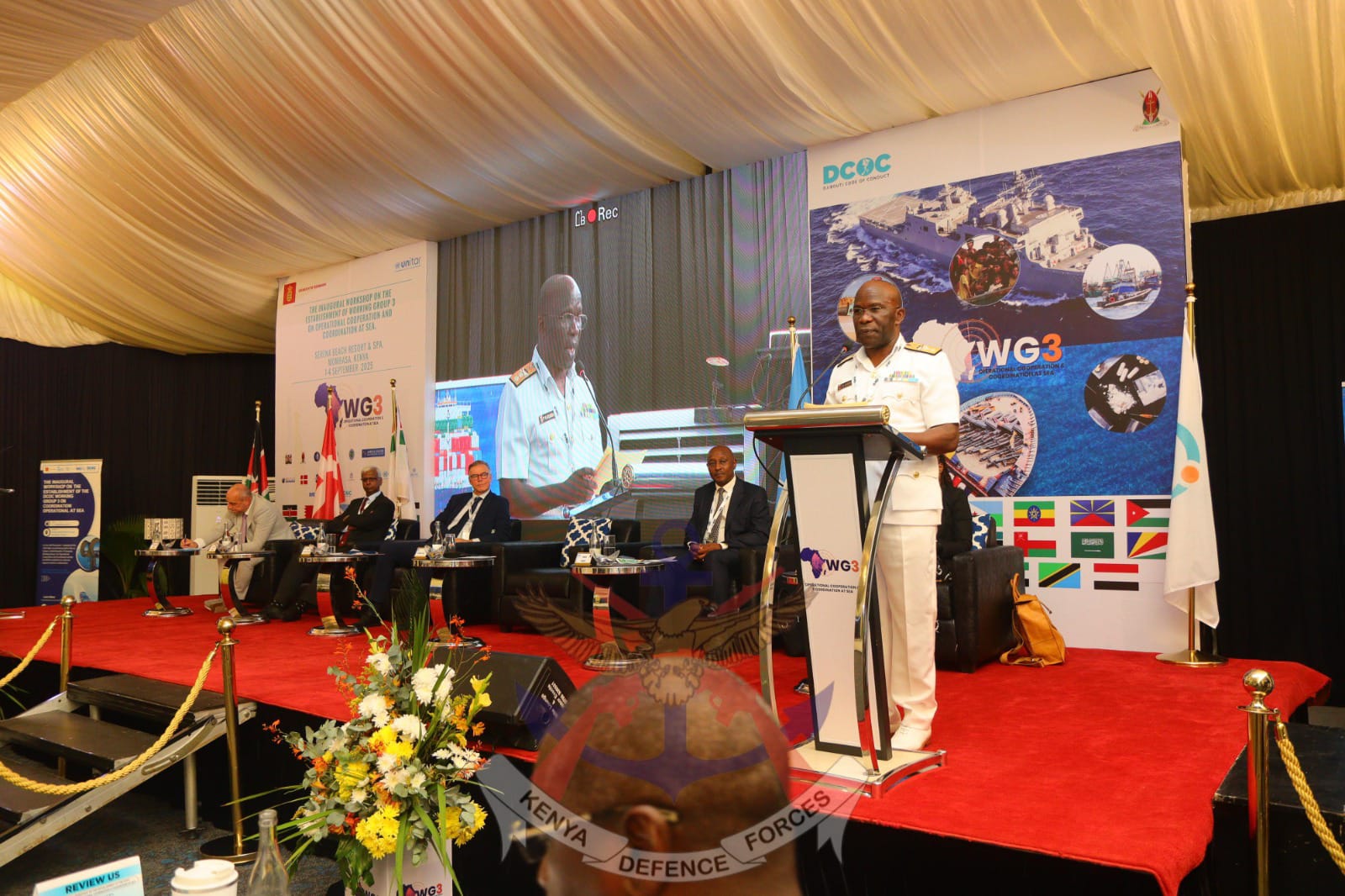
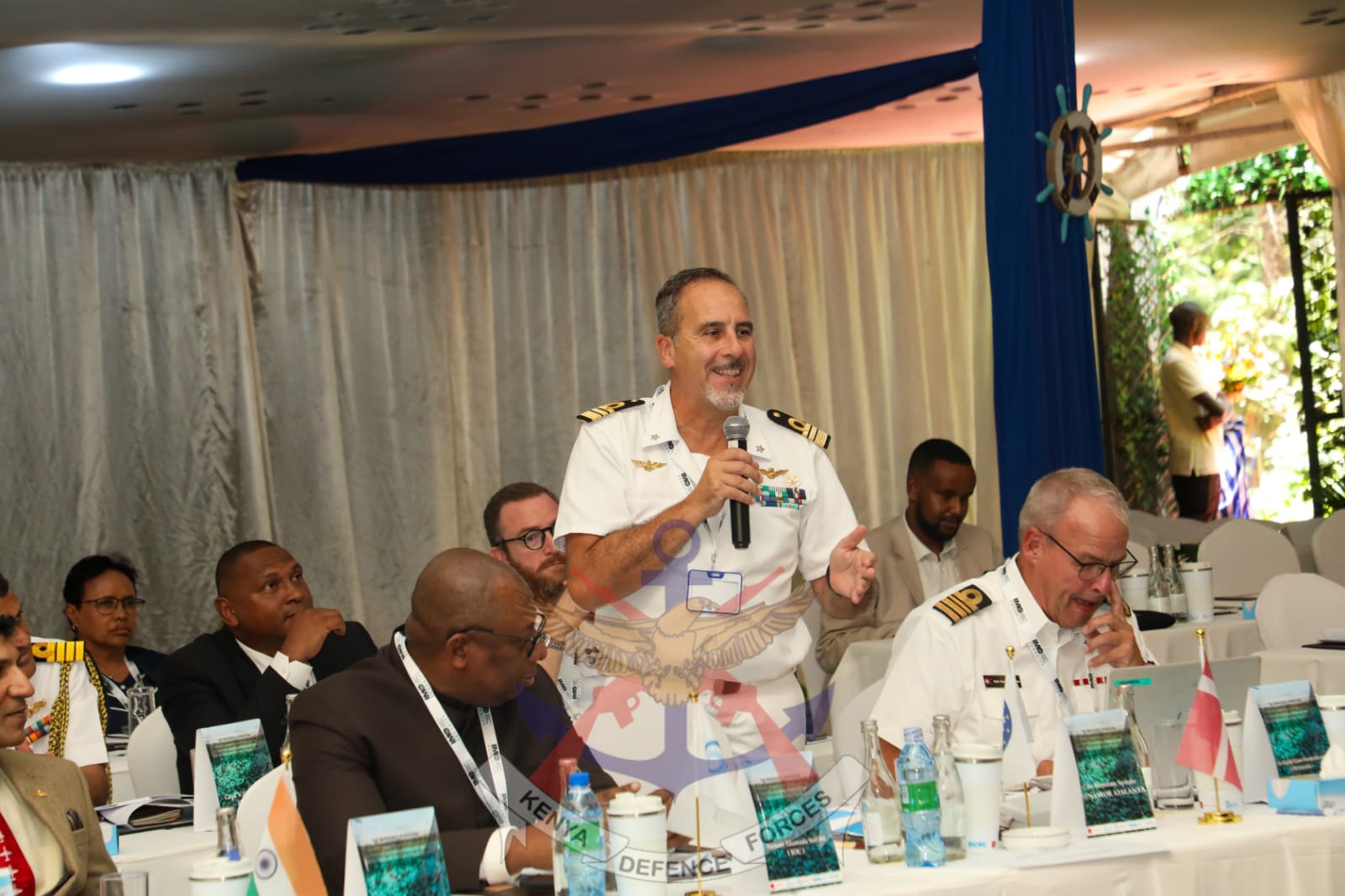
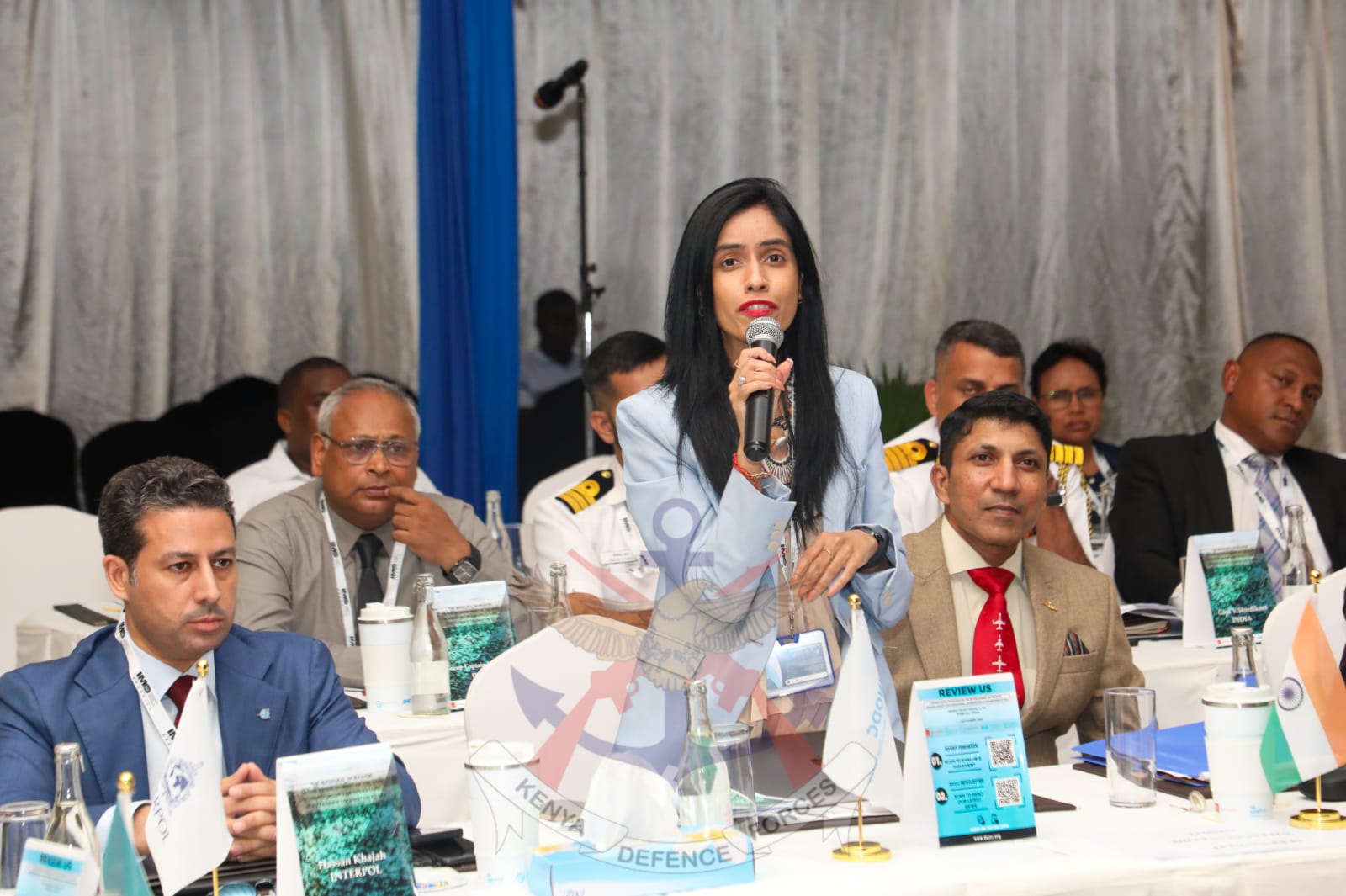
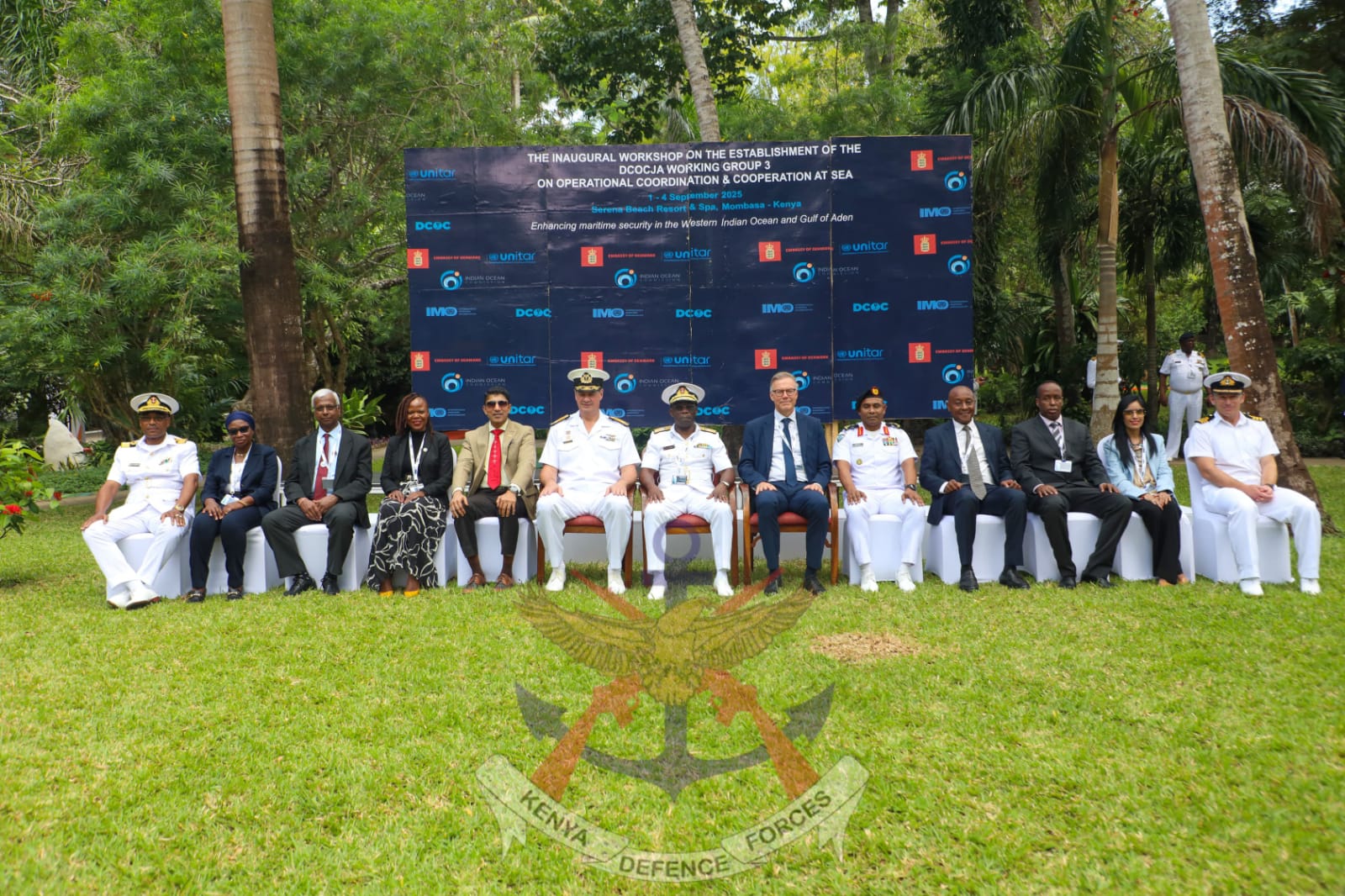
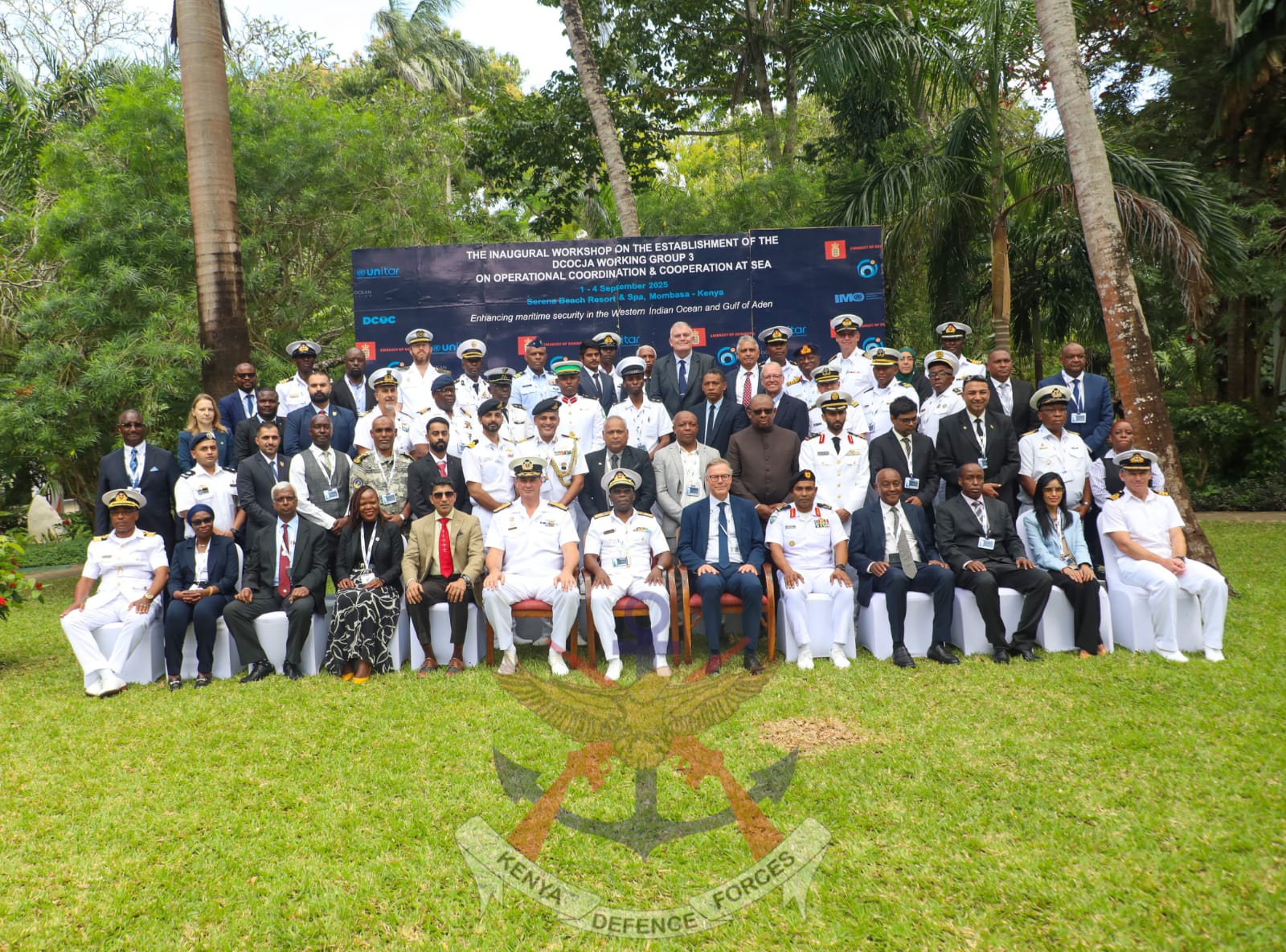

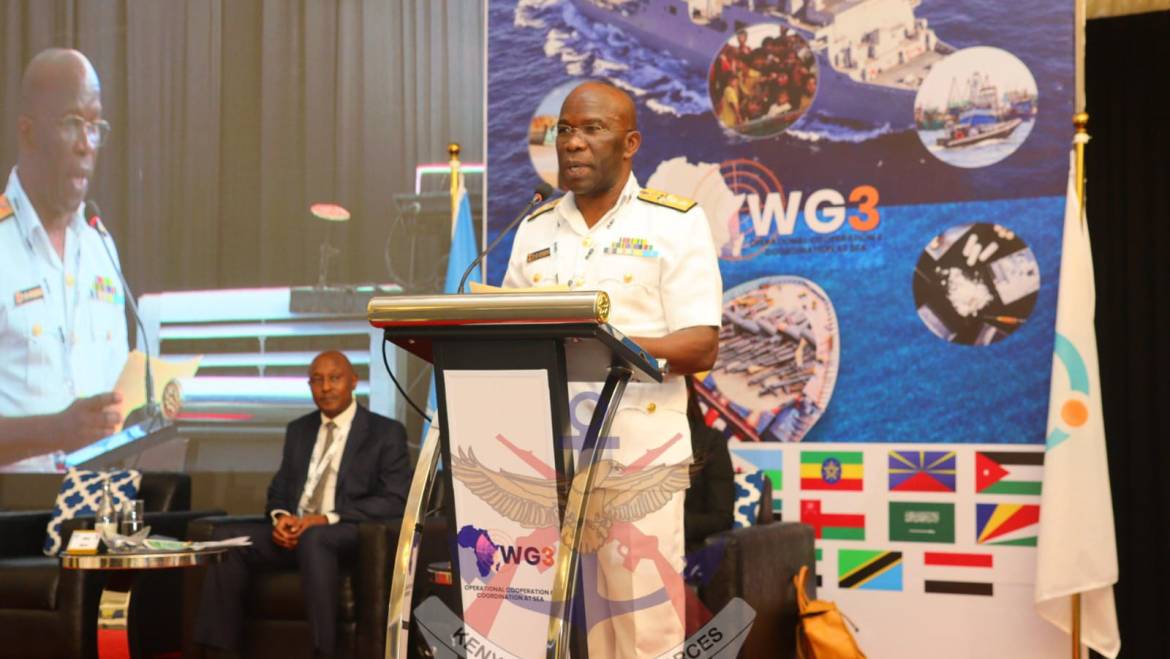
Add Comment